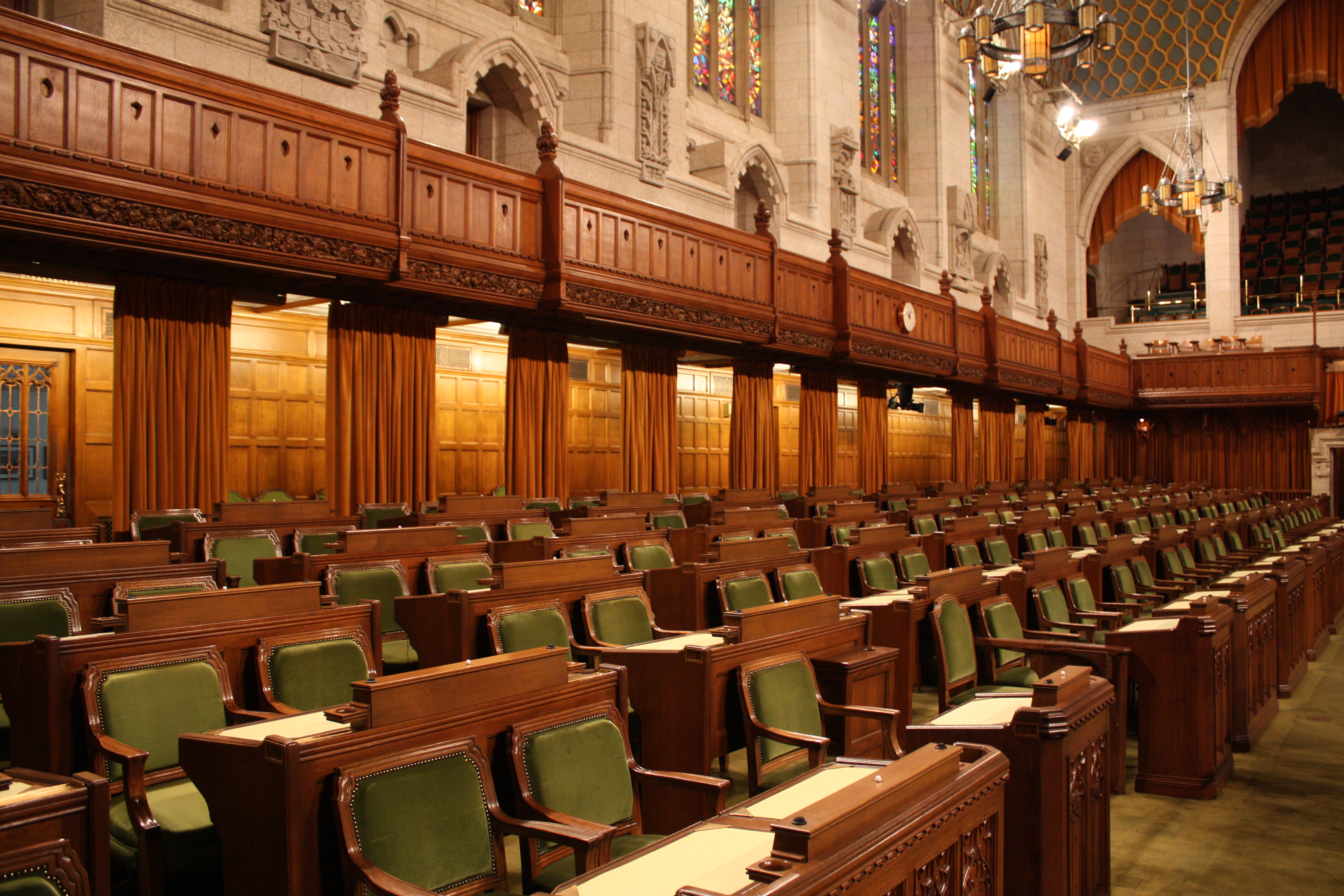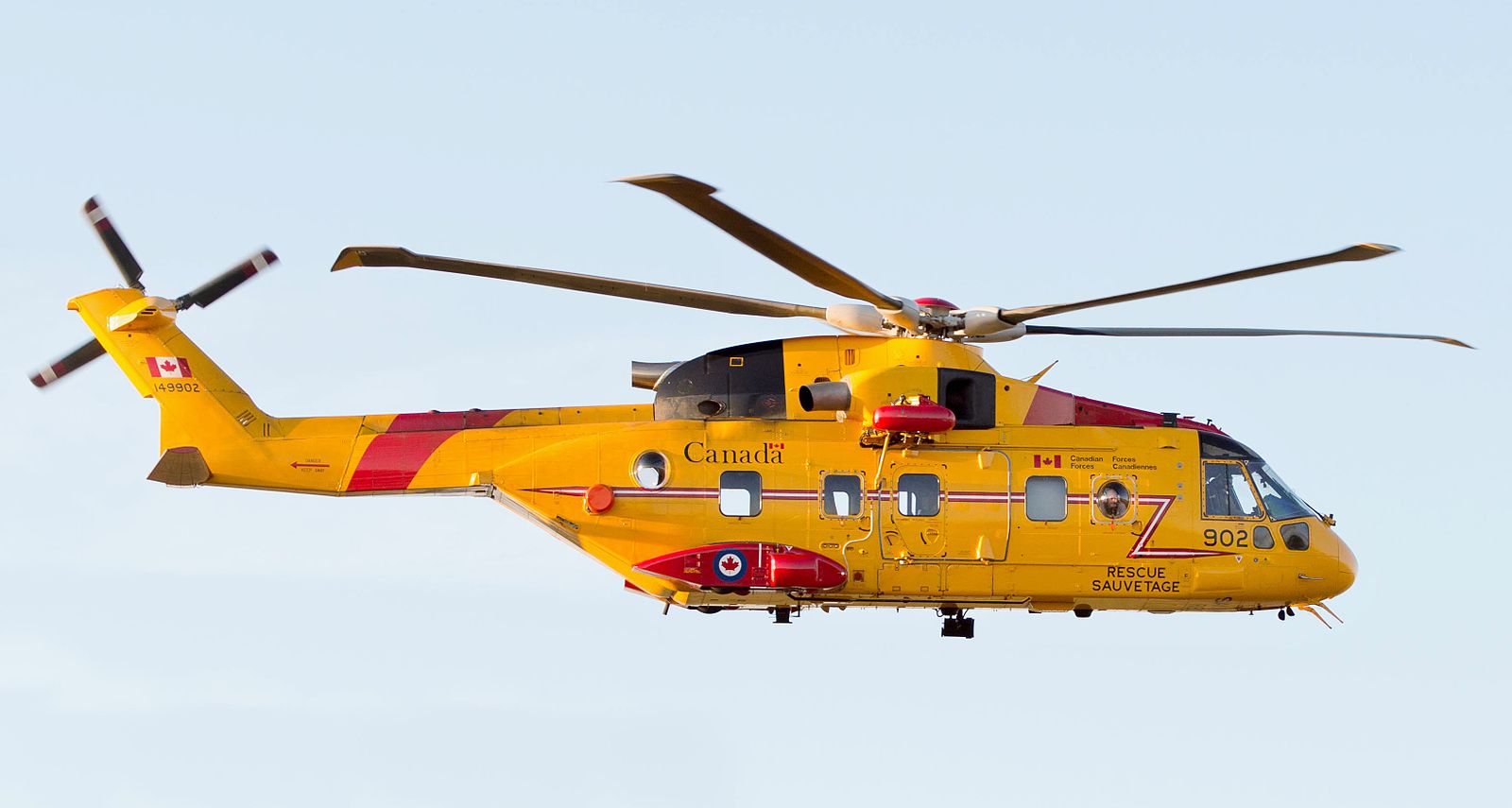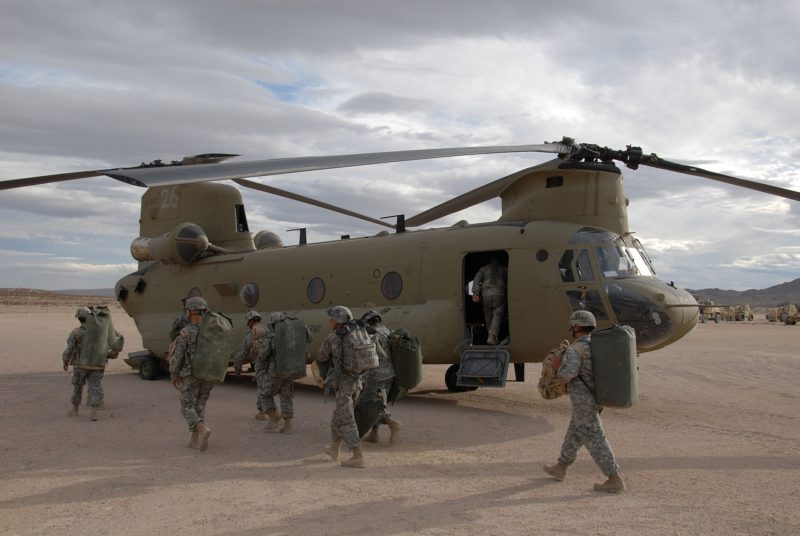Canada’s system for major military acquisitions has often been characterized by and criticized for lengthy delays in delivery, cost overruns, and a lack of accountability. The political fallout from the previous government’s selection of the F-35 Lightning fighter jet and the nearly 20-year process to acquire and operationalize the CH-148 Cyclone showcase different challenges to procurement. They also both serve as bitter examples of Canada’s poor institutional practices when it comes to major military acquisitions.
To streamline the acquisition process, the previous government launched the Defence Procurement Strategy in February 2014. It also created the Defence Procurement Secretariat within Public Works and Government Services Canada (PWGSC) to coordinate acquisition amongst key departments. Despite these efforts, only 34% of defence projects listed under the Defence Acquisition Guide are on schedule, with 3% expected to be delivered early.
Prime Minister Justin Trudeau’s electoral platform described Canadian defence procurement as “paralyzed.” If elected, he promised to improve major program delivery timelines, increase parliamentary oversight, and hold Cabinet leadership to account. To this end, the liberal government recently created a new Ad Hoc Cabinet Committee on Defence Procurement mandated to “consider and coordinate major acquisitions of defence equipment.”
A document published February 22, 2016, revealed that the ad hoc committee is chaired by Minister of Natural Resources James Gordon Carr. According to David Perry, Canadian Global Affairs Institute fellow, “[…] there would be kind of a logic in having a chair that doesn’t have a direct stake in it, because you can actually be a more independent and objective arbiter.” The same document listed President of Treasury Board Scott Brison as the committee’s vice-chair. Minister Brison will be an important member of the committee as public money for major defence acquisition cannot be spent without the Treasury Board’s exclusive authorization.
Other members include the Minister of Innovation, Science and Economic Development, Navdeep Dingh Bains; Minister of Public Services and Procurement, Judy Foote; Minister of Transport, Marc Garneau; Minister of National Defence, Harjit Singh Sajjan; Minister of Fisheries, Oceans and the Canadian Coast Guard, Hunter Tootoo; and Minister of Science, Kristy Duncan.
Reporting for Embassy News on February 24, Marie-Danielle Smith learned that the committee had already met twice in 2016. Shipbuilding issues were on the agenda for the most recent meeting held on February 19. According to Ms. Smith’s sources, “scuffles between competing shipyards have already caused some embarrassment to the Liberal government. That’s the reason this cabinet committee’s activities are so tightly controlled.”
Other key projects the committee may be called on to oversee include the fixed-wing search-and-rescue aircraft program, the logistics vehicle modernization program, and the high-profile CF-18 fighter jets replacement process.
While the ad hoc cabinet committee has potential oversight over major military procurement projects, little is known of the committee beyond the names of current members. As they potentially have influence over Canada’s largest procurement projects such as the NSPS, CF-18 replacement, and the CH-148, which combined can cost up to $100 billion, important questions remain about the scope of the committee’s mandate.
Firstly, how will the Cabinet Committee’s mandate differ from that of the Defence Acquisition Secretariat? The overlap in mandate is striking, but the latter was unable to successfully act as a coordinating body since its creation two years ago. The first obvious difference is that the new ad hoc cabinet committee brings together eight Ministers adding what David Pugliese describes as “political clout” to defence procurement projects. However, Mr. James Bezan, National Defence critic for the Official Opposition, argues that “having cabinet members decide on military equipment could politicize the procurement process and result in the military ending up with equipment that the Liberals want, rather than what the military needs. The procurement process should be focused on transparency, allowing for a fair and open competition.”
Secondly, it is worth asking whether or not committee work will focus exclusively on contracting for major procurement projects or will it review the overall management of defence materiel throughout its entire life cycle. According to Dan Ross, while “contracting for major new equipment, […] gets all the heat and light, [it] is a supporting activity to the whole business of defence materiel management.” In addition, given the complexity of defence procurement files, Mr. Perry explains that “the committee would likely need to get into the details of specific procurement projects in order to make decisions. […] The way the governance structure is set up is not a quick 12-minute PowerPoint, right…you’re not briefing that in 10 minutes.”
Finally, while the new Cabinet committee does increase the political oversight of procurement projects, it is not a guaranteed remedy to the issue of accountability or project delays. Military acquisition is still divided between Public Services and Procurement Canada; the Department of National Defence; and Innovation, Science and Economic Development Canada. Former DND procurement chief Alan Williams argues that the potential for delays still exists, “You have four ministers each bringing their own views to the table and each representing federal departments with their own agendas […] They’re going to want studies. They’re going to want reviews. I can see this actually slowing down the process.”
The creation of the ad hoc cabinet committee on defence procurement fulfills one of Prime Minister Trudeau’s electoral promises. It also sends an important signal to Canadians and defence industries that defence procurement is a core issue on the government’s agenda. Whether with optimism or skepticism, the cabinet committee’s ability to successfully guide major defence acquisition projects will surely be closely monitored.




